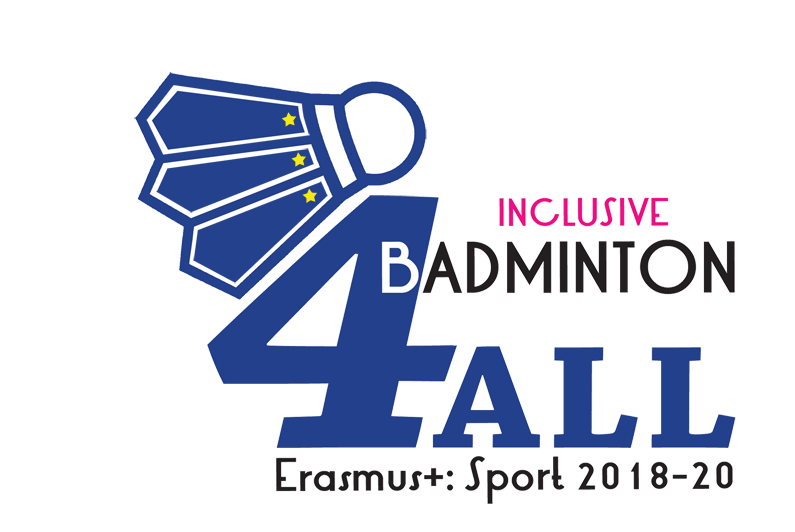-
Introduction 1
-
IntroductionLecture1.1
-
-
Physical Disabilities 7
-
Physical DisabilitiesLecture2.1
-
Spinal injuryLecture2.2
-
Cerebral palsyLecture2.3
-
AmputationsLecture2.4
-
AchondroplasiaLecture2.5
-
Muscular dystrophyLecture2.6
-
Methodological considerations regarding physical disabilitiesLecture2.7
-
-
Intellectual Disabilities 5
-
The concept of an intellectual disabilityLecture3.1
-
Down SyndromeLecture3.2
-
Autism spectrum disorder (ASD)Lecture3.3
-
The main characteristics of intellectual disabilitiesLecture3.4
-
Methodological considerations regarding intellectual disabilitiesLecture3.5
-
-
Hearing impairments 3
-
Visual impairments 3
-
The concept of a visual impairmentLecture5.1
-
The main characteristics of a visual impairmentLecture5.2
-
Methodological considerations regarding visual impairmentsLecture5.3
-
-
Additional Resources 2
-
BibliographyLecture6.1
-
To find out moreLecture6.2
-
-
Evaluation 2
-
Evaluable taskLecture7.1
-
Questionnaire 5 questionsQuiz7.1
-
This content is protected, please login and enroll course to view this content!
Prev
Cerebral palsy
Next
Achondroplasia
